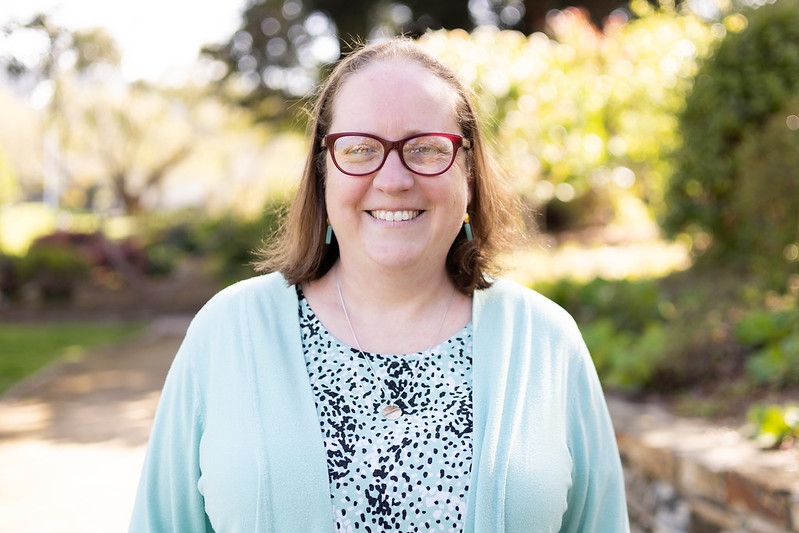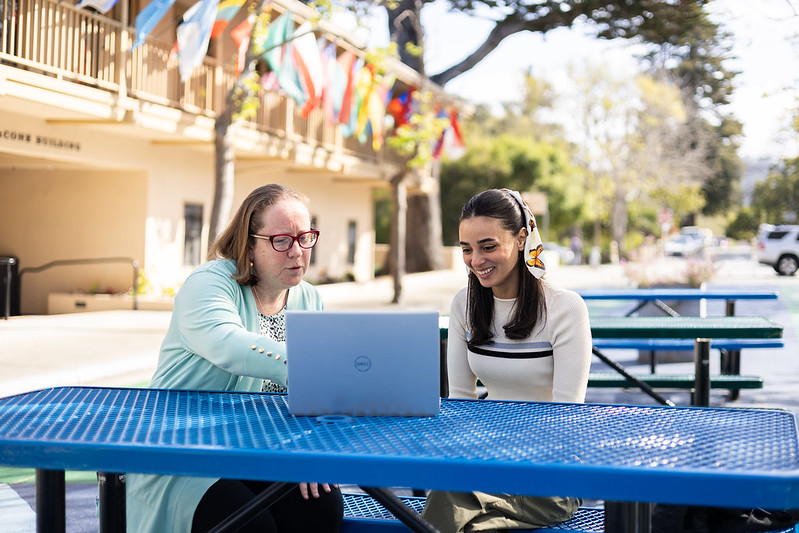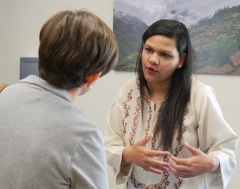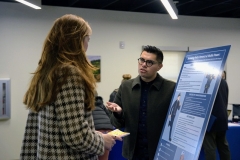Graduate Student Fellows Explore Conflict Transformation Through Hands-On Research Projects
| by Sierra Abukins
Graduate students have the chance to explore how we shift conflict from destructive to constructive and work towards new possibilities via funded fellowships to support applied research and projects.




